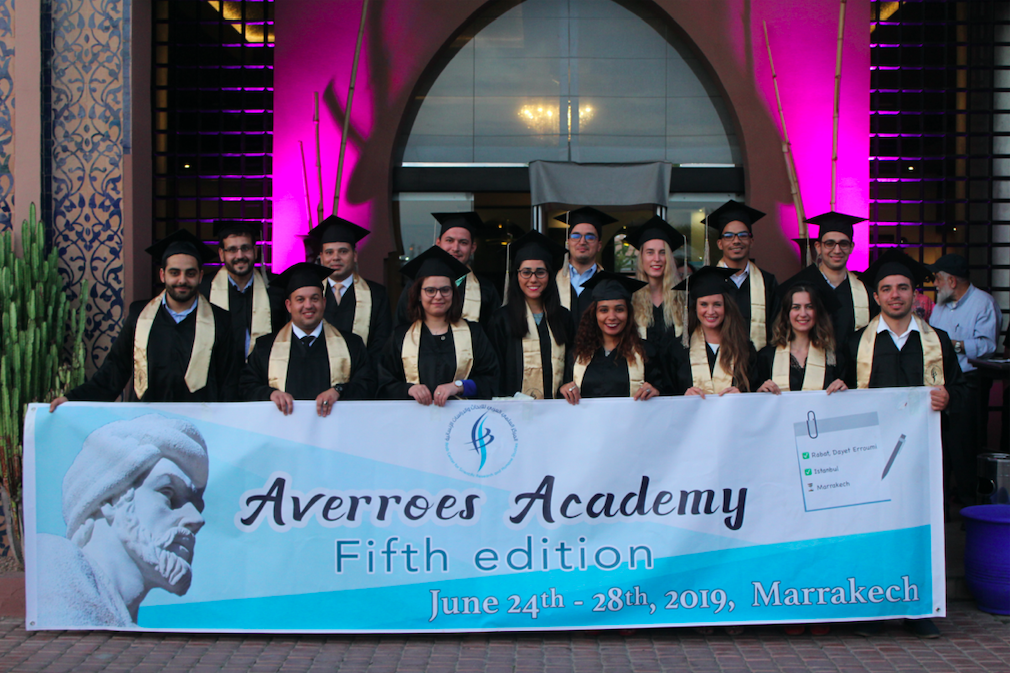أدت الأزمة الإنسانية في سوريا ومكافحة داعش في العراق والحرب الدائرة في اليمن والأزمة السياسية في ليبيا، إلى فقدان الآلاف من الأرواح، وكذا إلى التهجير الجماعي، وتدمير البنى التحتية.
وقد أعاد هذا الوضع تحدي تنمية اللاجئين إلى الواجهة. تتطلب مواجهة هذا التحدي إجراءات عالمية تتجاوز الحكومات المحلية. إن رفاه اللاجئين يجب أن يُفهم على أنه سلعة عامة لأنه يعزز الاستقرار العالمي. وإلى جانب الغذاء والمأوى، يحتاج اللاجئون إلى الحصول إلى الرعاية الصحية والتعليم وسوق العمل للحفاظ على كرامتهم.
من غير المرجح أن يتغير الوضع في البلدان المتضررة من سوريا والعراق واليمن وليبيا، وعند حدوث ذلك، لن يعود اللاجئون بالتأكيد إلى البلدان غير المستقرة التي دمرتها الحروب وسنوات من النزاعات المسلحة. وهذا يعني أن هناك حاجة إلى نهج طويل الامد للتصدي لتحديات ادماج اللاجئين. واليوم، فإن الأسئلة السياسية المتعلقة بوضع اللاجئين واستحقاقاتهم وكذلك دور الحكومة والوكلاء غير الحكوميين هي أسئلة ملحة تحتاج إلى تفكير جاد.
يأتي كل هذا في حين أن الوضع الاقتصادي في بلدان منطقة الشرق الأوسط وشمال أفريقيا غير المتأثرة بأزمة اللاجئين أفضل، لا تزال التوقعات الاقتصادية متباينة للغاية. وفقا لتقرير البنك الدولي، تباطأ النمو بشكل حاد في دول مجلس التعاون الخليجي إلى 1.6 في المئة مع انتشار ضعف القطاع النفطي إلى القطاعات غير النفطية. بين البلدان المستوردة للنفط، تباطأ النمو الاقتصادي بشكل طفيف في مصر، مما يعكس نقص العملات الأجنبية فضلا عن انخفاض في قطاع السياحة. لا تزال البطالة الهيكلية تمثل تحديًا كبيرًا في المغرب، البلد الذي يتأثر بدورات الجفاف.
في نسختها الخامسة، تواصل أكاديمية ابن رشد التصدي لتلك التحديات التي تؤثر على حياة الملايين في جميع أنحاء منطقة الشرق الأوسط وشمال أفريقيا.
يقدم الكتيب التالي بعض أوراق السياسات التي كتبها المشاركون في النسخة الخامسة في كل من المغرب وتركيا.
The humanitarian crisis in Syria, the fight against ISIS in Iraq, the ongoing war in Yemen and the political crisis in Libya have all led to the loss of thousands of lives, mass displacement and destruction of infrastructures.
This situation has brought back the refugees’ development challenge to the frontline. Meeting this challenge requires global actions that transcend local governments. The welfare of refugees is to be understood as a public good as it promotes global stability. Beyond food and shelter, refugees need access to healthcare, education and job market to preserve their dignity.
It is very unlikely that the situation will change in the affected countries of Syria, Iraq, Yemen and Libya and when it does, refugees will certainly not return immediately to unstable countries devastated by wars and years of armed conflicts. This means that a long term approach is needed to tackle the challenges of refugees’ integration. Today, political questions related to the status and entitlement of refugees as well as the role of government and non-government agents are pressing questions that need a serious reflection.
While the economic situation in MENA countries not affected by the refugee crisis is better, economic outlooks remain very mixed. According to a World Bank report, growth slowed sharply in the Gulf Cooperation Council countries to 1.6 percent as oil sector weakness spread to non-oil sectors. Among oil importing countries, economic growth slowed slightly in Egypt, reflecting foreign currency shortage as well as a decline in the tourism industry. Structural unemployment remains a major challenge in Morocco, a country that is affected by drought cycles.
With its fifth edition the Averroes academy continues to tackle those challenges affecting the lives of millions across the MENA region.
The following booklet presents some of the policy briefs written by participants in the fifth edition both in Morocco and Turkey.
